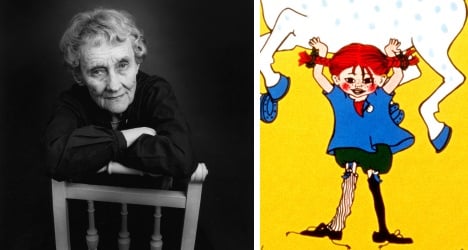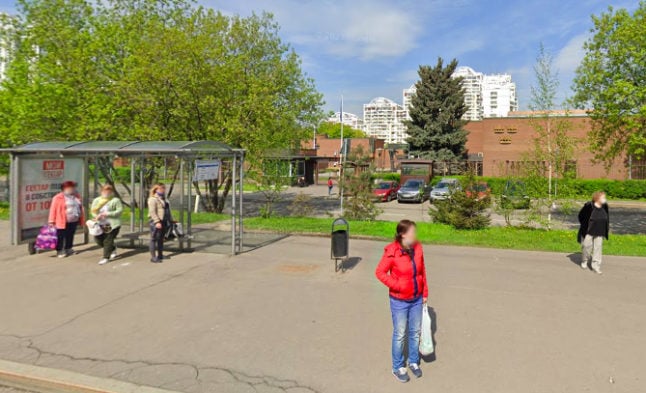Most famous for having penned the Pippi Longstocking series, Astrid Lindgren’s works have been translated into over 90 languages across the globe; they represent her humanist mission to spread peace, democracy, and advocate for those whose voices are often ignored, especially children and animals.
In 2002, Lindgren died at the age of 94, but every year since then, the Astrid Lindgren Memorial Award has been presented to an author, illustrator, storyteller, or promoter of children’s writing as a way to honour Lindgren’s contributions to children’s literature.
“When Lindgren died in 2002, the Swedish government decided to honour her by initiating this award,” says Agnes Lidbeck of the Swedish Arts Council (Statens kulturråd), which administers the award.
“She was an important person when it came to public debate on children’s rights issues, immigration, and animal rights. She had a firm stand on a lot of questions.”
The recipient of the award receives 5 million kronor ($727,000), which comes from the Swedish government’s cultural budget.
Lidbeck says that even though the Swedish government funds the prize, the award is distributed internationally, meaning the recipient does not need to be Swedish.
“We’ve had winners from Australia, the US, the UK, Japan, Brazil, Venezuela, Palestine and Austria,” Lidbeck says.
“Our goal is to promote children’s literature and the standard of children’s rights on an international level … if it’s a German child reading a Spanish author, that doesn’t matter. The important thing is spreading children’s literature across borders as an art form. It can be the same quality as adult literature, just a different genre.”
On Thursday, the Arts Council presented the nominees for the 2010 prize; the winner will be announced in March and presented with the award in May.
The selection of a recipient is a lengthy process: every year, a 12-person jury announces a list of international organizations that may nominate candidates. In 2009, they listed 480 organizations that could put forward up to four recommendations: two from the country where the organization is based and two internationally.
“A Swedish jury needs help from local experts to keep us up-to-date on what’s new and interesting in children’s literature in different parts of the world,” explains Linbeck.
Once nominations have been made, a jury reviews candidates, though no short list is made. The jury is comprised of experts in children’s literature and development, promotional reading, as well as one representative from Astrid Lindgren’s family.
And since the award is based on lifetime achievement, winners have often been nominated many times previously before they are selected.
“In the case of the Tamer Institute, which won in 2009, the jury followed them for many years to make sure it endured and maintained at a consistently high level,” Lidbeck says.
Lidbeck says the number of nominating bodies is increasing every year, as is popularity of the award. As the recipient receives a sizeable cash sum with virtually no strings attached, the award can make a huge difference for the life of a struggling author.
“Authors of children’s literature find it hard to get the same recognition as adult book authors,” Lidbeck explains.
“This award is a way of encouraging children’s authors to feel they can get the same respect that they would if they went into the world of adult writing. It’s a way to encourage new generations of quality children’s writers and illustrators.”
She says most recipients to date have used the award money to invest in children’s literature by starting a publishing house, funding libraries, or investing in a trust fund. She says it gives authors the ability to live off the award money and focus on writing.
“The questions you allow children’s literature to discuss say a lot about a culture,” Lidbeck explains.
“The way a book can help a child understand the world is quite special. Children’s literacy rates can be linked with democracy and developing their understanding of the world.”
Lidbeck says it’s hard to underestimate the importance of children’s books for a child’s development and that the Astrid Lindgren Memorial Award is a great vehicle to perpetuate the legacy of the late Swedish author who contributed so much to the genre.
“Astrid actually said that children’s literature gives not only the child a way to know about the world, but it also gives the child a place in the world,” Lidbeck says.
“It’s focusing on children and children’s rights. The more importance you give to children’s literature, the more importance you are giving to children in general.”



 Please whitelist us to continue reading.
Please whitelist us to continue reading.
Member comments